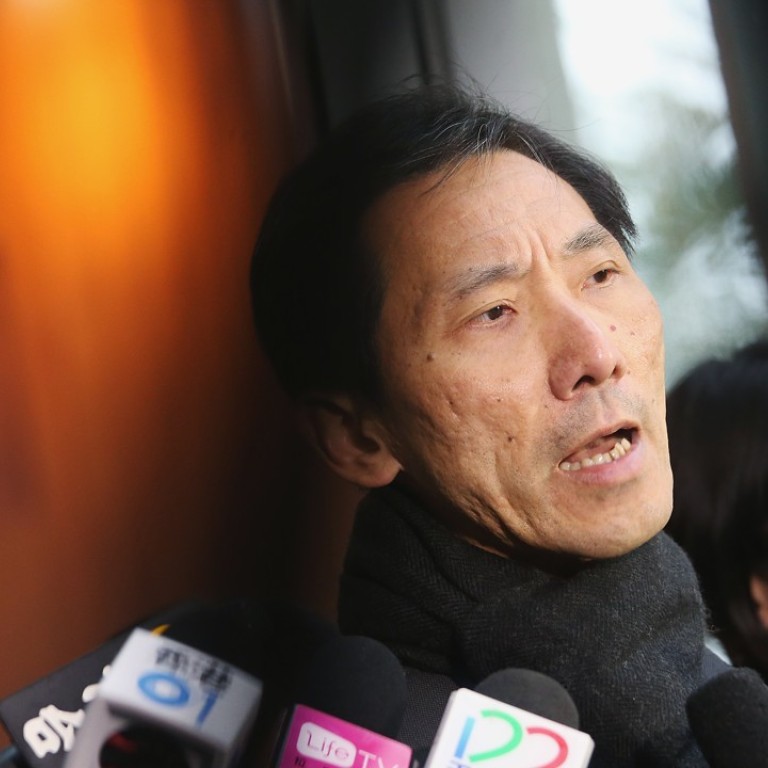
Rules on elections must pass legal test
Beijing – and even the Hong Kong government – will not budge on the need to uphold the ‘one country’ principle, but disqualifying candidates who support ‘self-determination’ must withstand challenges in court
Beijing is resolute when it comes to sovereignty and, in recent years, the Hong Kong government has been the same. From screening out pro-independence election hopefuls to disqualifying opposition lawmakers, the determination to suppress the nascent separatism movement in the city is clear. Controversial as they are, the steps to defend “one country” under the Basic Law must not only have firm legal basis, they also need to be able to withstand challenges in court. This is of paramount importance to the rule of law and the integrity of our electoral system.
Amid growing concerns over the rise of pro-independence sentiment among certain sectors, in particular the younger generation, the government is understandably worried that the by-elections triggered by the disqualification of six opposition lawmakers may become a forum for such advocates. Worse, they may be elected and make use of their power and influence to advance their cause further. That is why a new hurdle requiring candidates to pledge allegiance to the Basic Law was introduced to the Legislative Council polls in 2016.
The government must have fully weighed the political and legal consequences before invalidating the candidacy of Agnes Chow Ting, who is in support of allowing the city to decide on its fate, including the option of separating from China.
Realistically, any suggestion of Hong Kong independence or self-determination as a choice is inconsistent with the Basic Law and therefore unacceptable, both politically and constitutionally. To Beijing, there is no difference between advocating self-determination and independence.
To the relief of his supporters, disqualified lawmaker Edward Yiu Chung-yim was given the go-ahead to stand again. This came after he had clarified his stance on independence. The last-minute approval suggests the government has considered the matter carefully.
In question is whether the electoral law enables the returning officer to disqualify aspirants on the basis of political views. It has been argued that the legislation only takes into account criteria like age, residency, nominations and certain criminal records and duration of sentencing.
The legality of the new requirement for candidates to uphold the Basic Law is still subject to legal tests. It will not be surprising if Chow seeks a court ruling over her disqualification.
Upholding “one country” is the red line that cannot be crossed. Politically, Beijing will not tolerate pro-independence elements in the establishment. The need for elected representatives to uphold the Basic Law is expected to be implemented seriously. The government must be able to prove that any such requirement falls within the law.

